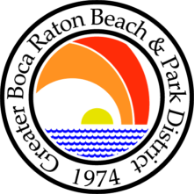Strand Saved From Condos
In the early 1990s a developer had plans to build condos and estates on Boca Raton's last undeveloped piece of privately owned beachfront real estate.
Within a couple years the Greater Boca Raton Beach and Park District purchased that land, preserving what many considered Boca Raton's last pristine plots between the Intracoastal Waterway and the Atlantic Ocean.
Continental Development Inc. hoped to convert the vacant land located between Spanish River Park and the Gumbo Limbo Nature Center into 77 units west of AIA and eight oceanfront estates.
However, an independent survey commissioned by the developer found that 84 percent of the 354 people surveyed preferred the land be turned into a park.
Continental offered to sell the land to Boca Raton for $14 million, generating numerous letters to the editors and public input during meetings at both the city council and the Greater Boca Raton Beach Tax District – the original name of the Greater Boca Raton Beach and Park District.
“This property, if it's lost to development, something enormous will be lost to the world,” Electa Pace, owner of land adjacent to the discussed property, told District Commissioners. “I really think you should consider the gravity of the loss.”
District and City officials consideration putting the land purchase to a referendum, but when District negotiators persuaded Continental to sell the 15 acres for only $11.88 million, Commissioners voted to take the deal.
“We were elected to do something,” District Commissioner Dirk Smith told the Boca Raton News at the time. “I don't want to lay off on everybody what is our decision and our responsibility.”
At one point Ocean Strand Park, named after the road that connected the lots to AIA, contained six residences. A boat launch at the end of the road provided quick access to the Intracoastal, leaving boaters just a short cruise to the Boca Raton inlet.
When the District made the purchase in 1994 two people, Pace and William Veit, still lived on their properties adjacent to the newly purchased park. Veir and Pace purchased their land in the late 1960s.
By the end of 2000, the District purchased both of those lots, but all of the 15.2 acres were still zoned residential. That changed in 2012 when the City of Boca Raton agreed to change the zoning to public park.
The park sat untouched and closed to the public for much of the remainder of the decade, traversed mostly by dog walkers and curious interlopers.
That changed in 2020 when District Commissioners voted to open Ocean Strand as a natural walking park.
“I think now is the time to open this to the public,” District Commissioner Erin Wright said at the time.
Shortly thereafter crews set about removing invasive vegetation that was choking some of the natural flora. The creation of ADA-compliant walking paths afforded people of all abilities the opportunity to walk or ride a bicycle from AIA to the Intracoastal.
The discovery of a Native American middens slowed the development process, prompting the District to bring an archaeological crew to survey the entire site. The District recently donated those artifacts to the Boca Raton Historical Society.
In early 2023, following the installation of benches, picnic tables and bike racks that completed Phase I, Ocean Strand Park opened with little fanfare – fitting considering the serenity offered by the park.
This story is part of series that will run through the remainder of 2024 highlighting the District's Top Accomplishments during its first 50 years. Other stories as part of the series include:
This story originally appeared in the September 2024 edition of our District Dispatch newsletter. To receive future newsletters via email, enter your email address below, then click "Send Me District Newsletter Updates!"
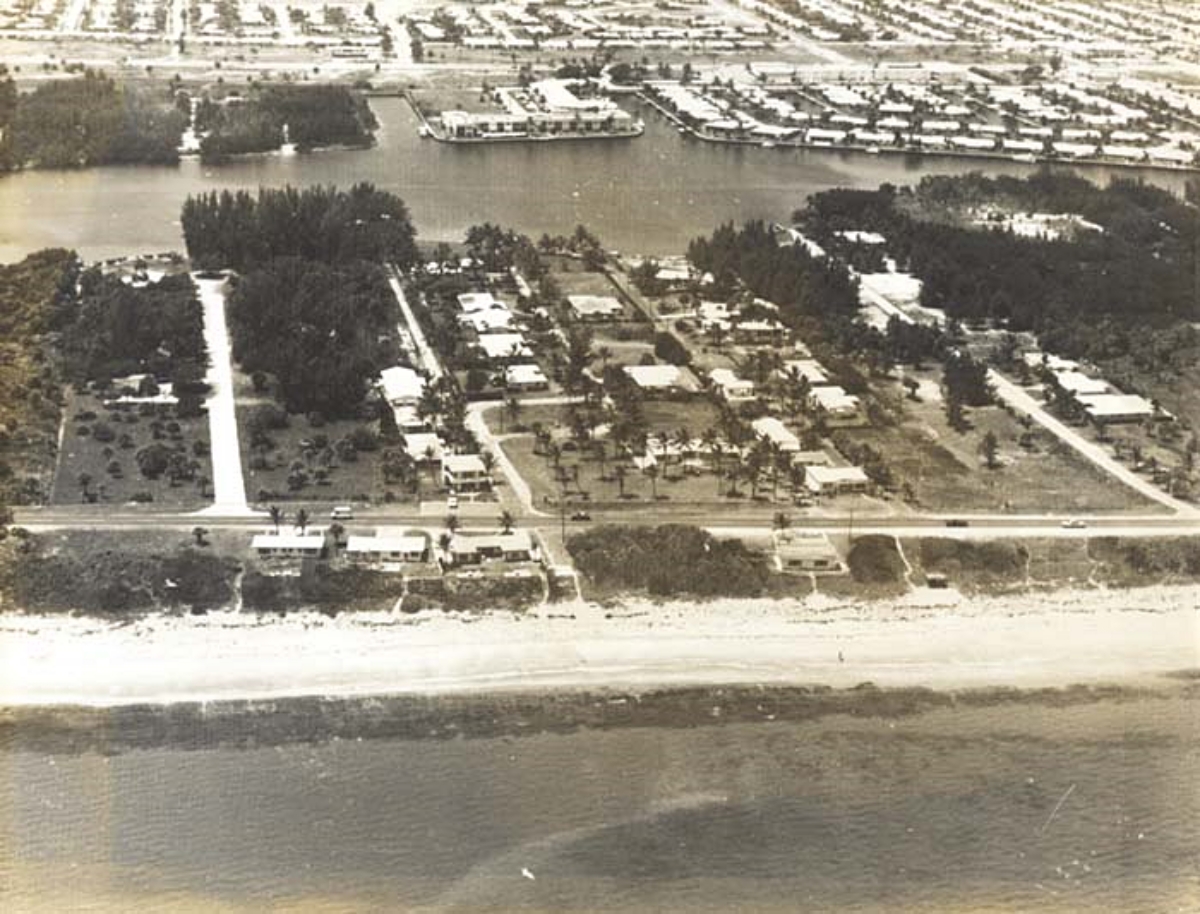
An aerial view from 1967 of what is now Ocean Strand Park. Ocean Strand Dr. is the road on the left side of the photo.
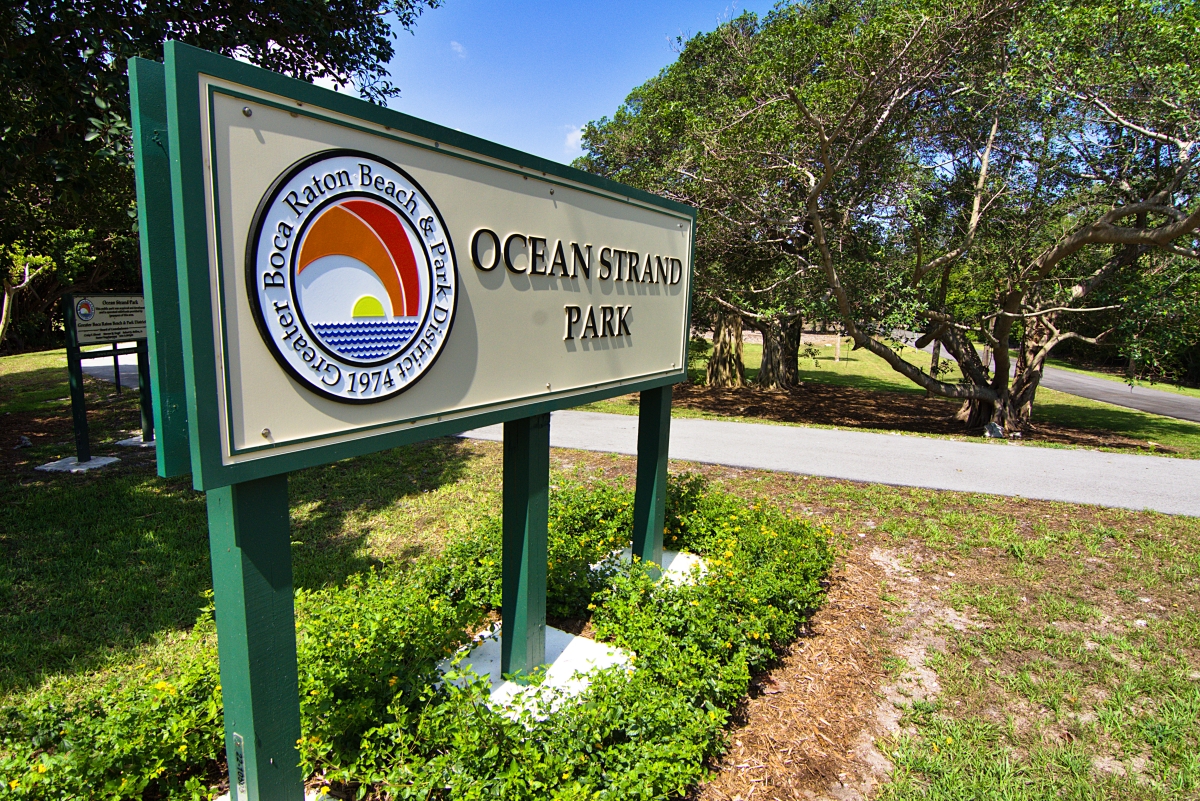
Ocean Strand Park opened in 2023.
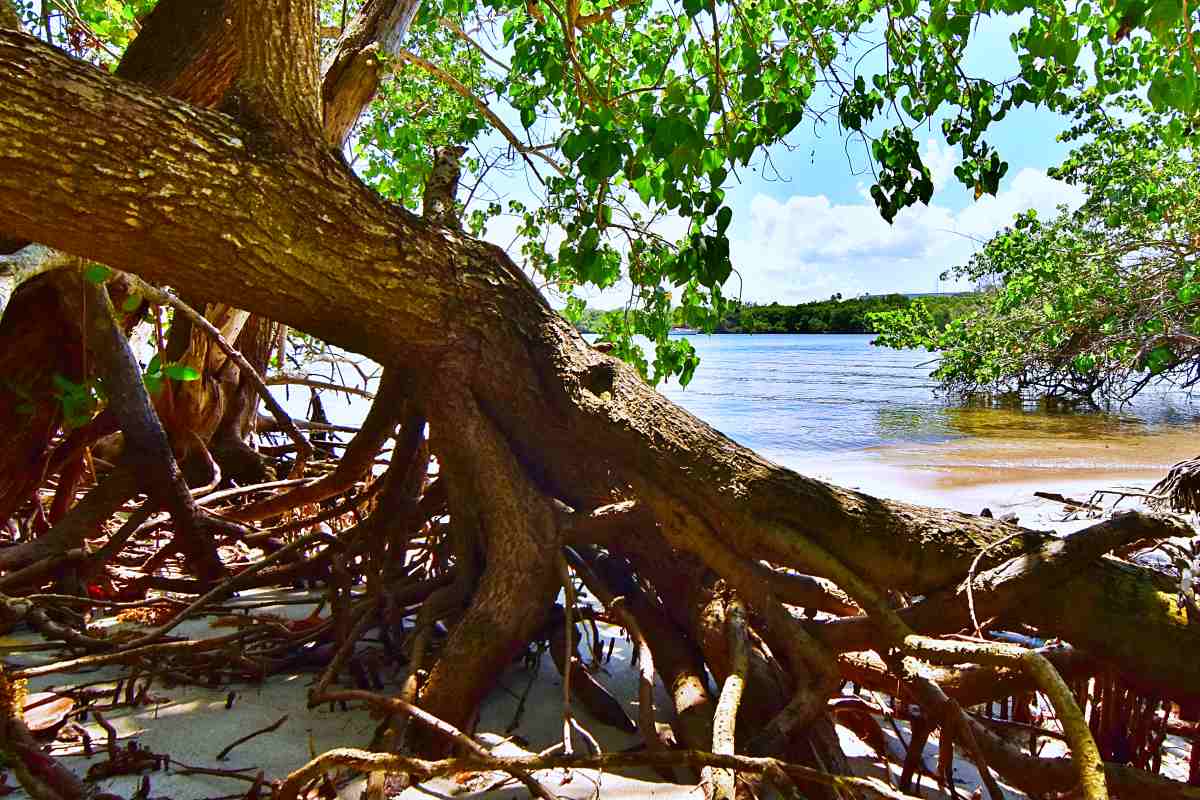
Ocean Strand Park, as currently developed, stretches from A1A to the Intracoastal waterway.
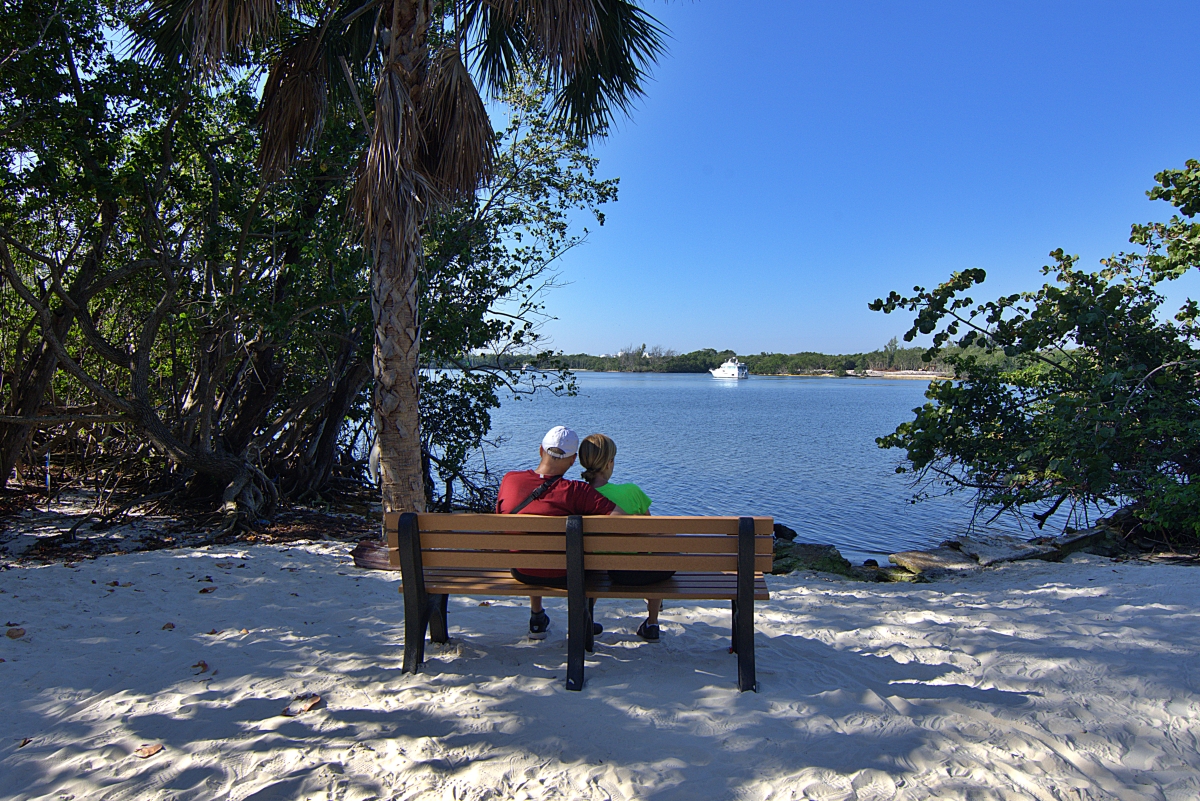
Ocean Strand Park offers benches, a bike rack, a short walking trail and picnic tables.
